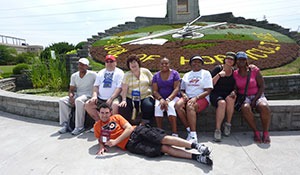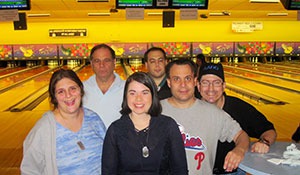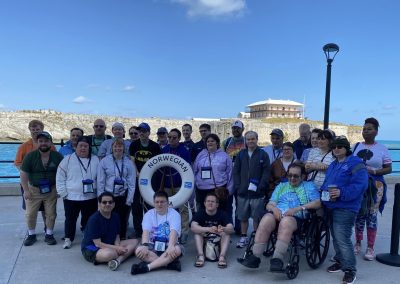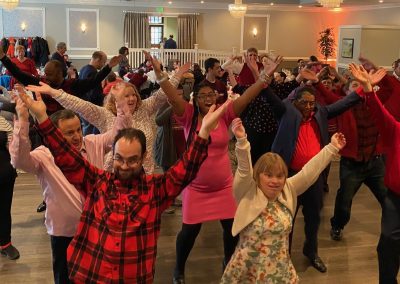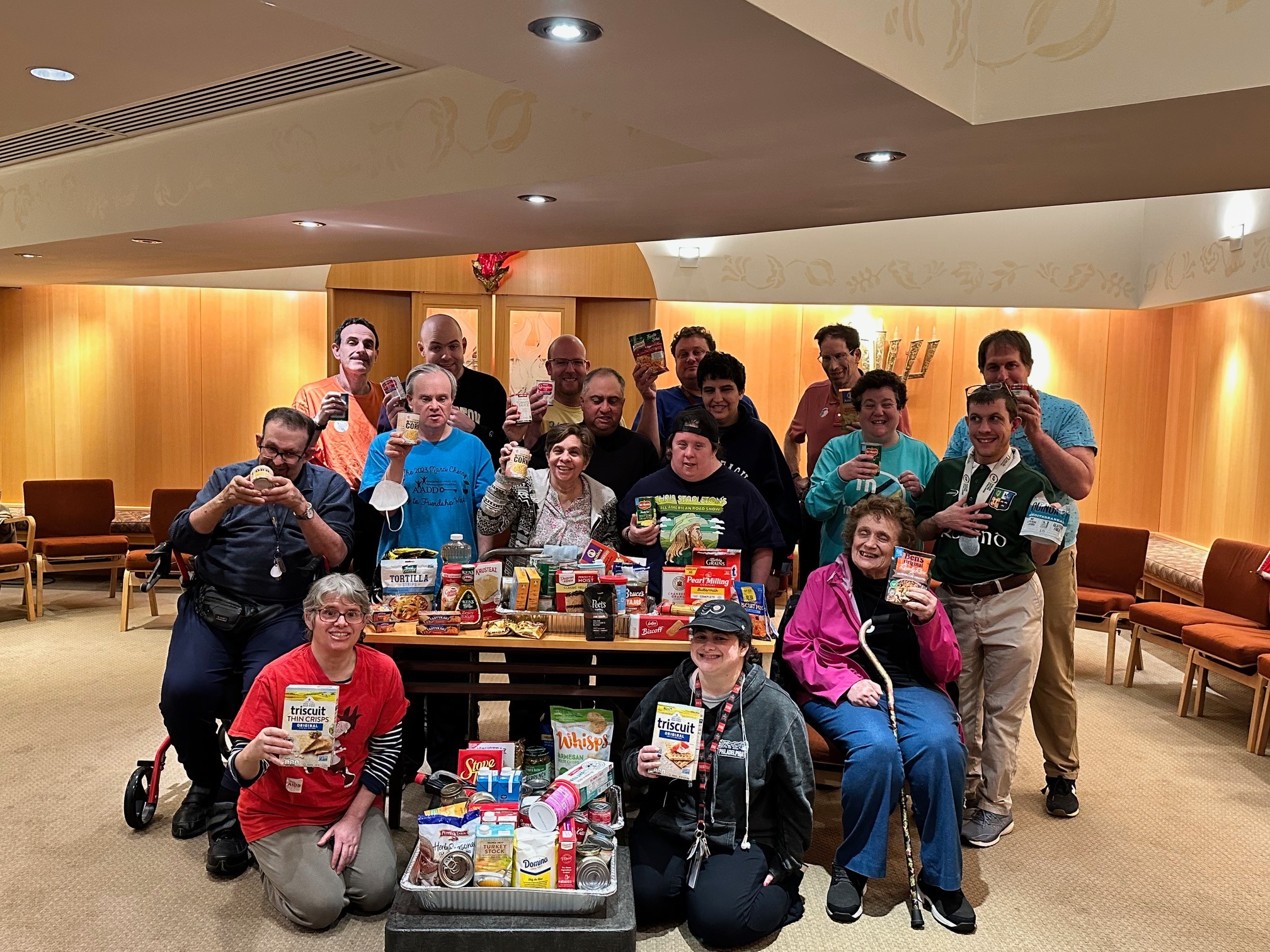
The Association for Adults with Developmental Disabilities’ (AADD) mission is to provide education, discussion, and social activities that empower special needs adults 18 years and older to live more independent lives while helping to support caregivers and helping to increase acceptance of special needs in our community.
AADD creates secure environments where members develop the vital skills for lifelong independence—from employment, healthy eating, arranging transportation and managing personal finances, to forming and maintaining friendships and understanding the intricacies of public etiquette. Our programs help members break the chains of social isolation as they learn to maneuver through our complex world, helping them gain the self-confidence, pride, and greater independence that can lead to a long, healthy, and fulfilling life.
Our History
The Association for Adults with Developmental Disabilities (formerly the Young Adults Group) was founded in 1973 by five parents in Montgomery County, Pennsylvania, who were concerned about the future of their developmentally disabled children following high school graduation. The main goal of that first group was to create an organization for their sons and daughters to get together and socialize. The small group met on Saturdays at a house on Susquehanna Road in Abington where they would hold dances, play games, and socialize.
The Saturday activities were a hit. Soon Montgomery County Social Services sent out a social worker who began holding RAP sessions where members of the Saturday group could have discussions that would further help them achieve greater independence. Thus began the unique combination of education and socialization that is the core of AADD’s programs. Once free of social isolation and educational regression, AADD members blossomed.
Today, AADD serves all of the greater Philadelphia area and continues to provide a unique combination of programs that focuses on helping members feel empowered to live and work in their community. RAP sessions provide education like health literacy, financial literacy, soft job skills, social skills, and communication. Social learning activities provide an opportunity to cement new skills, engage with the community, and most importantly, socialize with friends. AADD members are employed at almost four times the national average for adults with developmental disabilities, half live outside their family home, and everyone reports feeling happier because of AADD.

